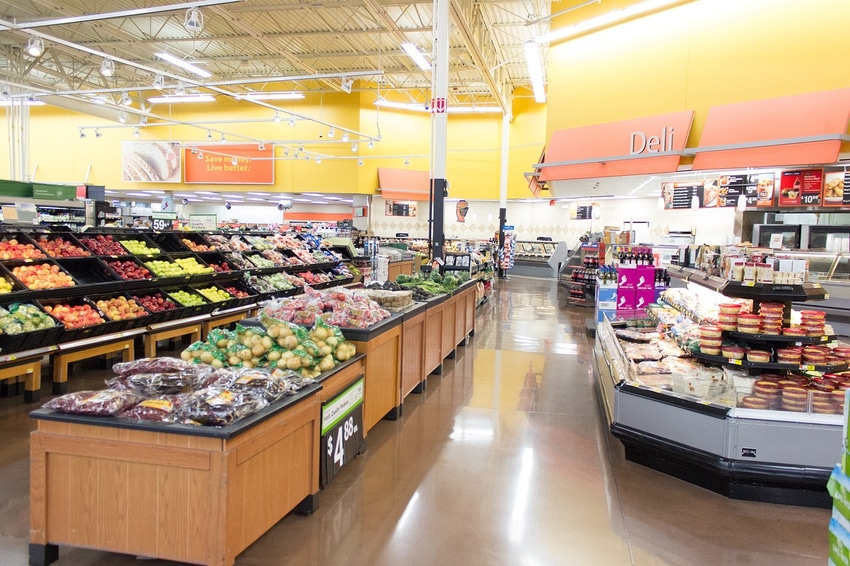Two organic grocery chains file for bankruptcy as larger retailers expand product offerings.

Increased competition contributed to the recent bankruptcy filings of two medium-size specialty natural and organic grocery chains, according to Rabobank. Colorado-based Lucky’s Market, which is partially owned by Kroger, and North Carolina-based Earth Fare are both selling their stores across the U.S.
When Lucky’s Market filed for Chapter 11, it announced plans to shut 32 of its 39 stores. Since then, the company said it is selling seven of its Florida stores to Southeastern Grocers, Seabra Foods and Hitchcock’s Markets. The chain also received stalking horse bids from Aldi and Publix Super Markets for 11 stores and entered agreements to sell its remaining seven locations to co-founders Bo and Trish Sharon. A total of 24 store properties will be sold.
Earth Fare plans to close its 50 stores and corporate office and sell its assets. Inventory liquidation sales are now under way at stores. Upon announcing its bankruptcy, the company said it had implemented numerous strategic initiatives aimed at growth and expansion and enhancing the customer experience, but to no avail.
"While many of these initiatives improved the business, continued challenges in the retail industry impeded the company's progress as well as its ability to refinance its debt,” the company noted. “As a result, Earth Fare is not in a financial position to continue to operate on a go-forward basis. As such, we have made the difficult but necessary decision to commence inventory liquidation sales while we continue to engage in a process to find potential suitors for our stores.”
As consumers increasingly shift towards natural, clean-label and organic products, Rabobank said it is, at a first glance, surprising to see specialized players going out of business. However, sales at comparable stores suggest that conventional grocery chains have grown faster than specialty chains, the bank added.
In fact, Rabobank said even Amazon has reported sluggish sales in its brick-and-mortar segment, the majority of which is comprised of Whole Foods Market, which it bought in 2017.
“Conventional retailers, from discounters to hypermarkets and wholesale clubs, have increased the availability of natural and organic products, including under their store labels, and the organic shopper is no longer dependent upon specialty stores,” the bank explained.
In addition, Rabobank said consumers benefit from the convenience of one-stop shopping, more choices (including non-organic offerings) and the deals and coupons from large retailers. Contrarily, putting the premium products side by side with conventional products makes the price differences more visible to consumers.
Still, the recent developments should benefit farmers, as Rabobank said more outlets for natural and organic products mean an opportunity for increased demand and reduced bargaining power for buyers.
About the Author(s)
You May Also Like





